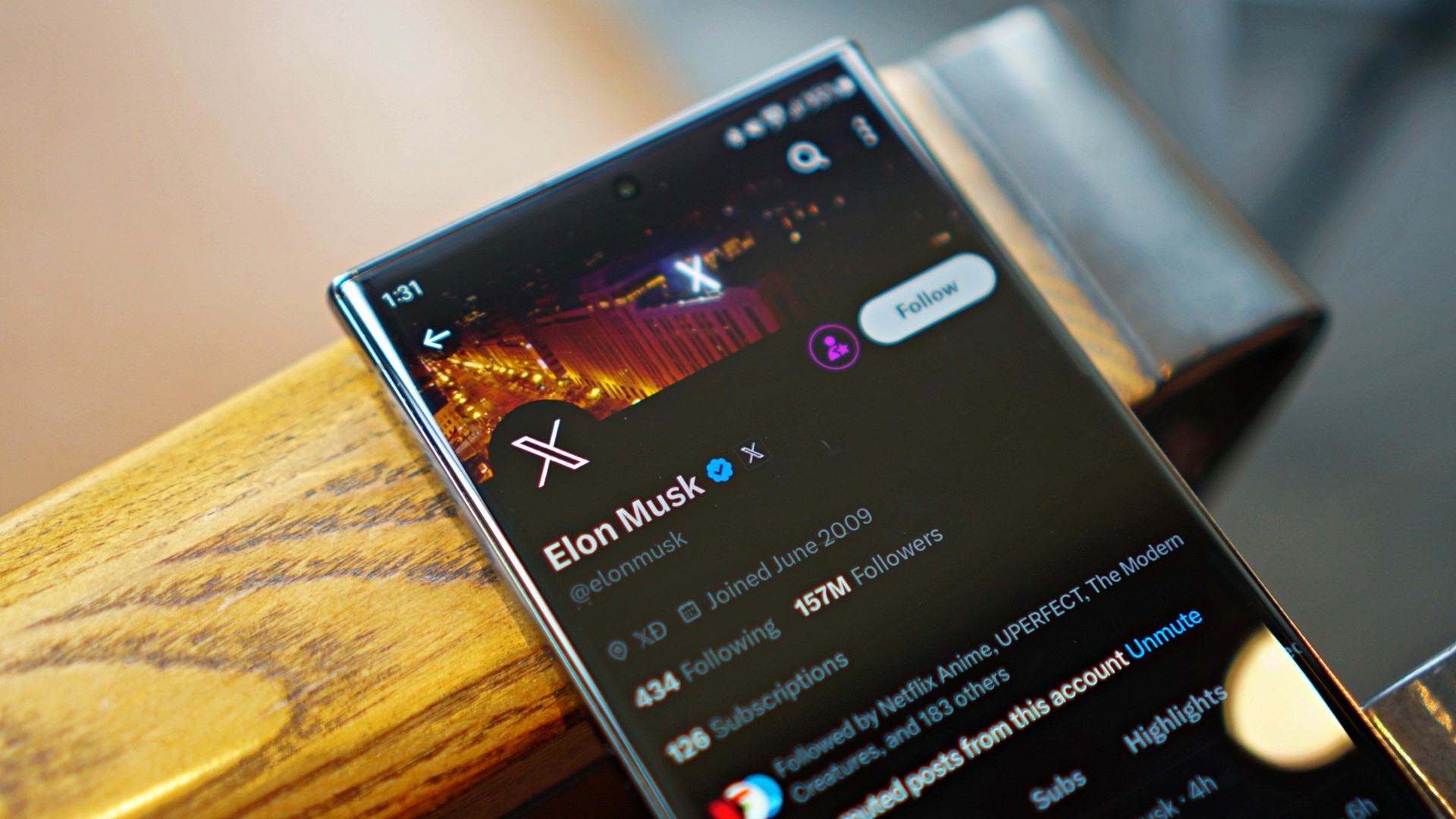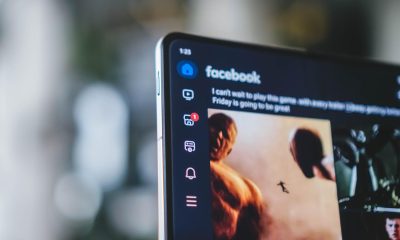News
Facebook is banning anti-vaccine ads, but there’s a twist
Why were they allowed in the first place?

Facebook announced it will ban anti-vaccination ads, after widespread pressure on the social network to curb harmful content. The new global policy says they’ll no longer allow ads that discourage people from getting vaccinated. Furthermore, it’ll also stop campaigns that show vaccines are unsafe or ineffective.
“We don’t want these ads on our platform,” Facebook officials Kang-Xing Jin and Rob Leathern said in a blog post. “Our goal is to help messages about the safety and efficacy of vaccines reach a broad group of people while prohibiting ads with misinformation that could harm public health efforts.”
Although, there’s a twist. The social network will allow ads that advocate or oppose legislation or government policies on vaccines. This includes the soon-to-come Coronavirus vaccine. And, anti-vaccine posts will continue to appear on your timeline or a group since it’s not included in the new misinformation policy.
So, Facebook isn’t removing anti-vaccine content. It’ll just stop profiteering from them. The current stance has also received a lot of criticism from experts because the platform has become a safe haven for the spread of misinformation.
With elections looming in the US, observers are worried the platform is being used to manipulate opinions and spread inaccurate information. While Twitter has taken a very strict stand against misinformation long back, Facebook’s CEO Mark Zuckerberg recently changed his mind and gave in to external pressure.
The company has often defended its slackened moderation by saying users have the right to express themselves. Till yesterday, the platform even allowed Holocaust denial content.


Despite the ease that the technology promises, artificial intelligence still isn’t the most reliable thing you can depend on. Today’s models can still flub answers. Now, the pitfalls of AI are abundantly clear with a few mishaps on X. Golden State Warrior Klay Thompson was just “accused” of a vandalism spree involving bricks.
Late Tuesday night, X presented an AI-generated news snippet. The article, posted soon after the Warriors’ play-in loss to the Sacramento Kings, reads: “Klay Thompson Accused in Bizarre Brick-Vandalism Spree.”
The snippet hilariously described an incident where Thompson supposedly vandalized houses in Sacramento with bricks. Thankfully, according to the snippet, no one was hurt. It even had a few sources for its claims below the news summary.
First off… I am ok.
My house was vandalized by bricks 🧱
After my hands stopped shaking, I managed to call the Sheriff…They were quick to respond🚨
My window was gone and the police asked if I knew who did it👮♂️
I said yes, it was Klay Thompson
— LakeShowYo (@LakeShowYo) April 17, 2024
The sources, however, are just joke posts stemming from the recently concluded game. In that do-or-die game, Thompson put up a staggering 0 points on ten shot attempts, the most misses without a make by a Warrior since the ’68 season. Naturally, everyone joked that the Warriors guard just threw bricks all over Sacramento.
Now, X is currently experimenting with a new AI feature called Grok. The model collates trending topics and creates snippets of what’s happening for X users. However, it’s not exactly the smartest in determining real news from satiric ones. The feature notes as much, carrying a fine-print caveat warning users to “verify its outputs” because it’s an early feature and can make mistakes.
SEE ALSO: New X users must pay a dollar per year to post and reply

New users on X might soon face a tough time on the platform. The social media website will likely start charging new accounts a small fee for the right to post on the platform.
Now, the fee isn’t a new one. Almost six months ago, the company tested the paid system in New Zealand and the Philippines. New users in those countries had to pay a dollar per year for the ability to post and reply to content.
As spotted by X Daily News on the same platform, the company might be ready to take the experiment to a larger market. New text strings have shown that the policy is rolling out worldwide.
SPECULATION: X might be expanding its policy to charge new users before they reply/like/bookmark a post https://t.co/odqeyeiHBx pic.twitter.com/EU71qlwQ0D
— X Daily News (@xDaily) April 15, 2024
The policy is designed to combat a wave of bots appearing on the platform. By preventing new accounts from creating posts, X hopes to stave off the standard behavior of bots these days. You might have noticed them as OnlyFans creators in unrelated posts, peddling NSFW content on their bio.
Though the global rollout was only just spotted, owner Elon Musk has seemingly confirmed the change. Replying to X Daily News, Musk says that it is “the only way to curb the relentless onslaught of bots.” He says that the current breed of bots can easily bypass simple checks these days.
Since its big reinvention, the Google Pixel flagship series subsisted on two main entries: a regular model and a Pro. Last year added a Pixel Fold to the list but kept it away from the main line, launching in May instead. Now, there’s a possibility that the Pixel family, starting with the Pixel 9 series, is growing both in number and closer to each other.
According to Android Authority, Google might launch four different models of the Pixel 9 series later this year. Besides the two traditional entries to the family, there will be two new ones coming this year.
The first new model you might see is the Pixel 9 Pro XL (what a mouthful). Despite the name, the model itself isn’t exactly new. The model is reportedly a successor to the Pixel 8 Pro but with a different name.
Which means that the new model is actually the Pixel 9 Pro. Yes, it’s confusing, but let’s break it down. Similar to Apple, Google might separate its lineup into a regular duo and a premium duo. That said, the Pixel 9 Pro will offer only a bite-sized upgrade to the regular Pixel 9. It’ll be the same size, too.
Since the Pixel 9 Pro XL will be the start of the Pro lineup, what model will it pair with? Well, the Pixel 9 Pro Fold, of course. The Pixel Fold is apparently dead in name. Google might repackage the foldable as an official part of the Pixel 9 series and will launch alongside the main lineup later this fall.
SEE ALSO: Google Pixel 8 Pro Review: Making Magic
-

 Accessories2 weeks ago
Accessories2 weeks agoApple Vision Pro Review: Two Months Later
-

 Features4 days ago
Features4 days agoFortify your home office or business setup with these devices
-

 Gaming1 week ago
Gaming1 week agoThe Rogue Prince of Persia looks like an ultra-colorful roguelite
-

 Deals2 weeks ago
Deals2 weeks agoSamsung Awesome April: Deals on Galaxy A series
-

 Philippines2 weeks ago
Philippines2 weeks agovivo Y100 to release in Philippines on April 27
-

 Gaming1 week ago
Gaming1 week agoStar Wars Outlaws release date revealed
-

 Deals7 days ago
Deals7 days agoTCL P635 TV: Big savings for TCL’s anniversary
-

 Accessories7 days ago
Accessories7 days agoLogitech unveils G Pro X 60 gaming keyboard: Price, details

























